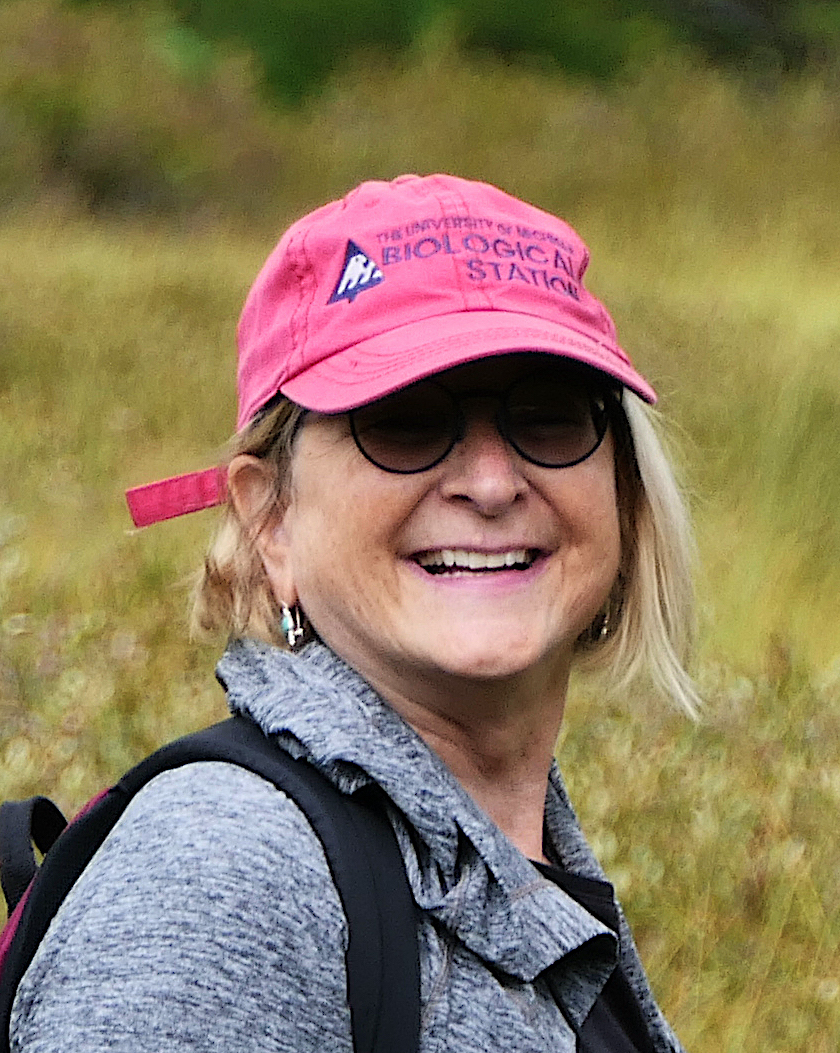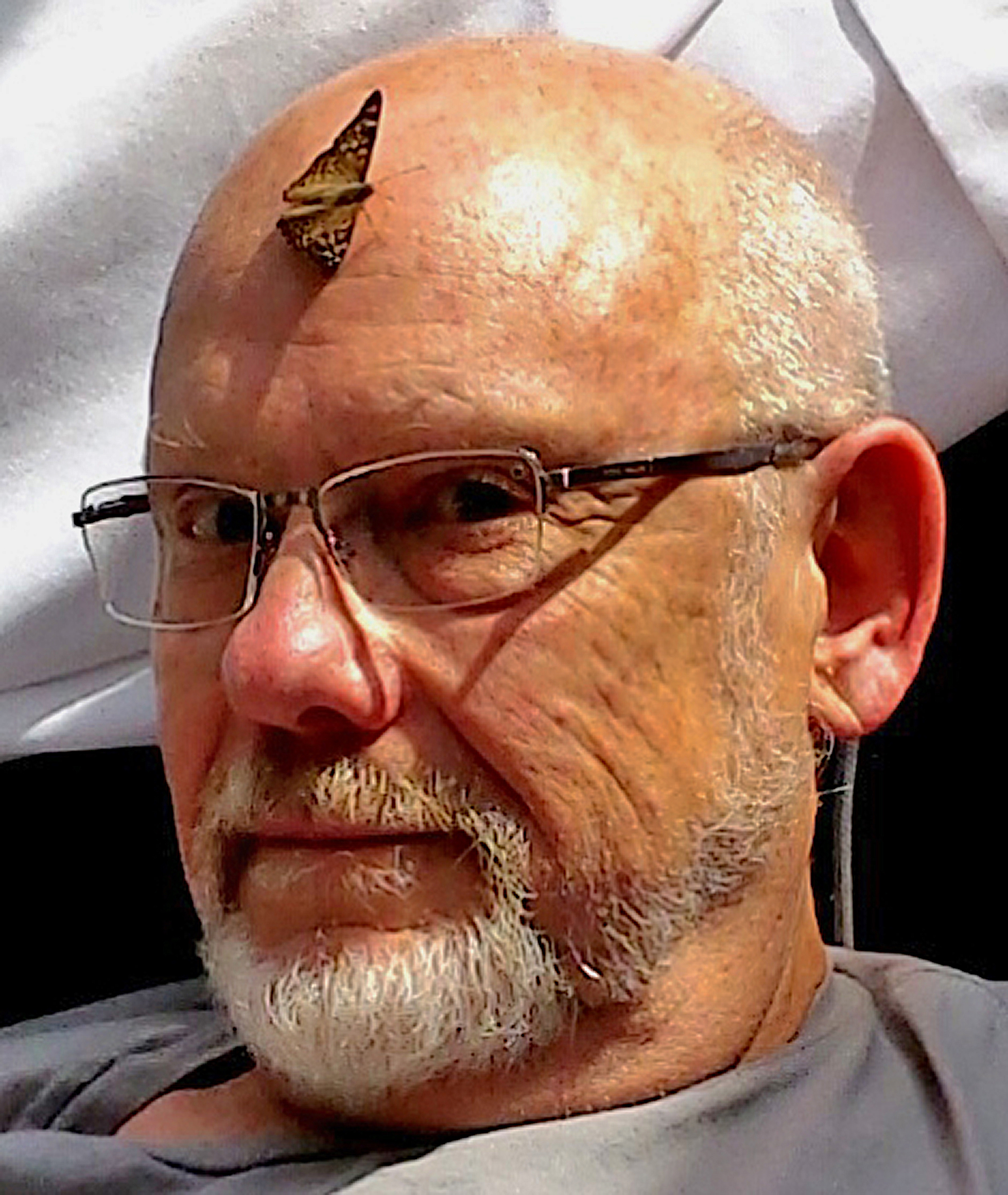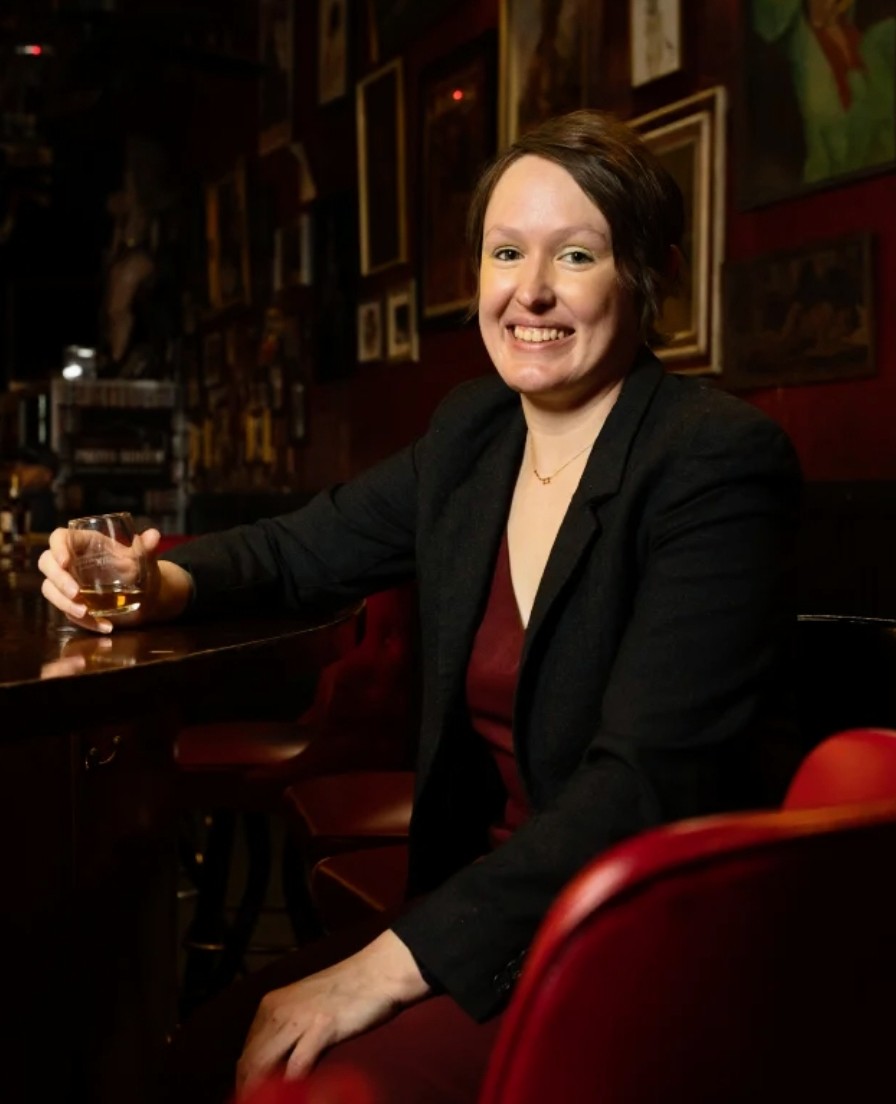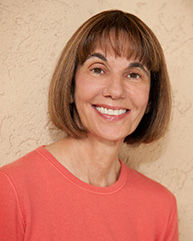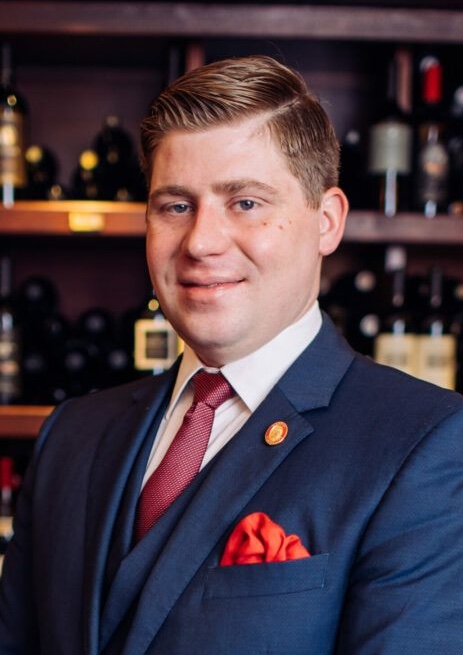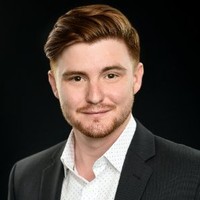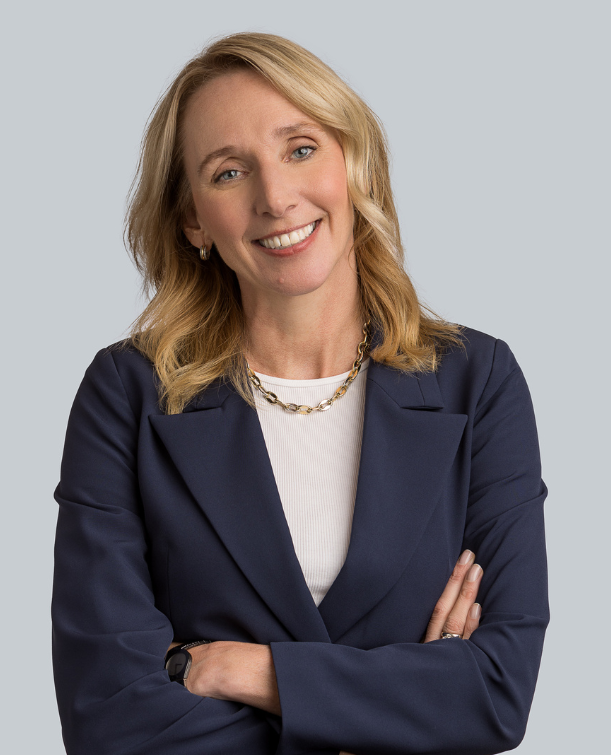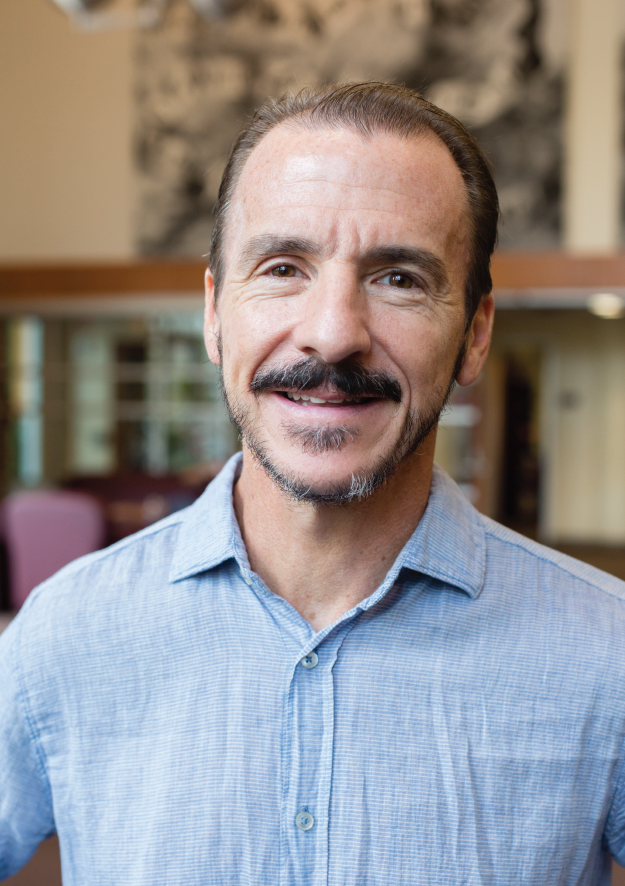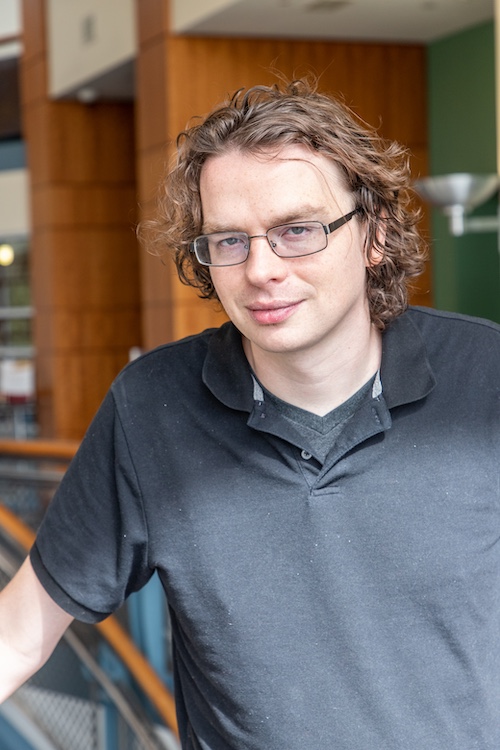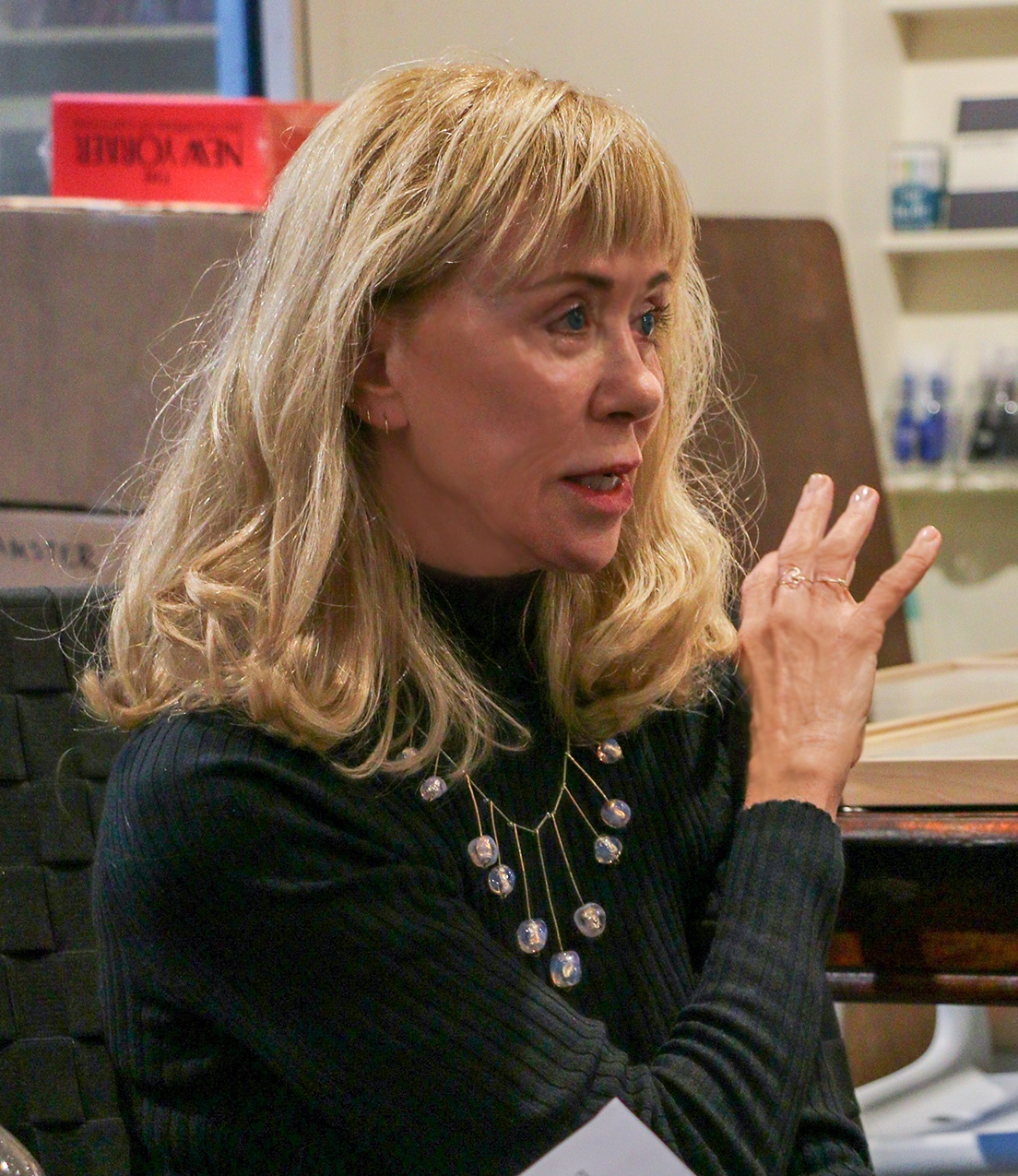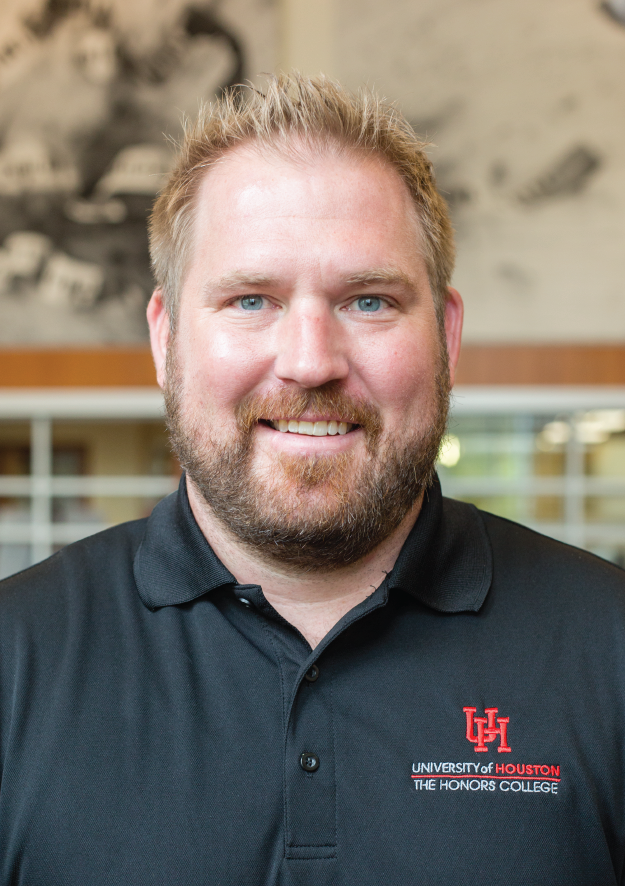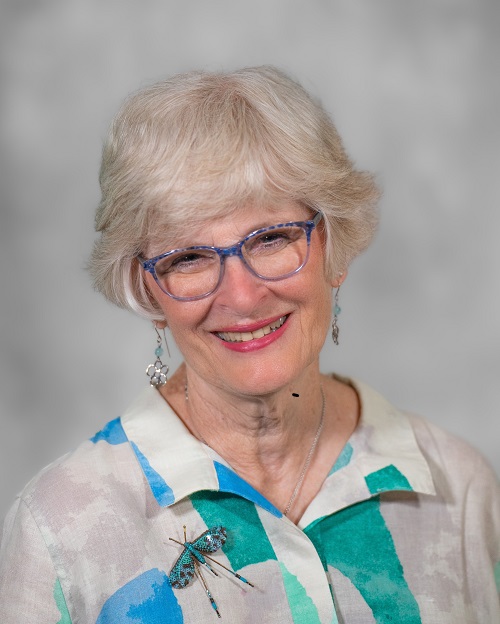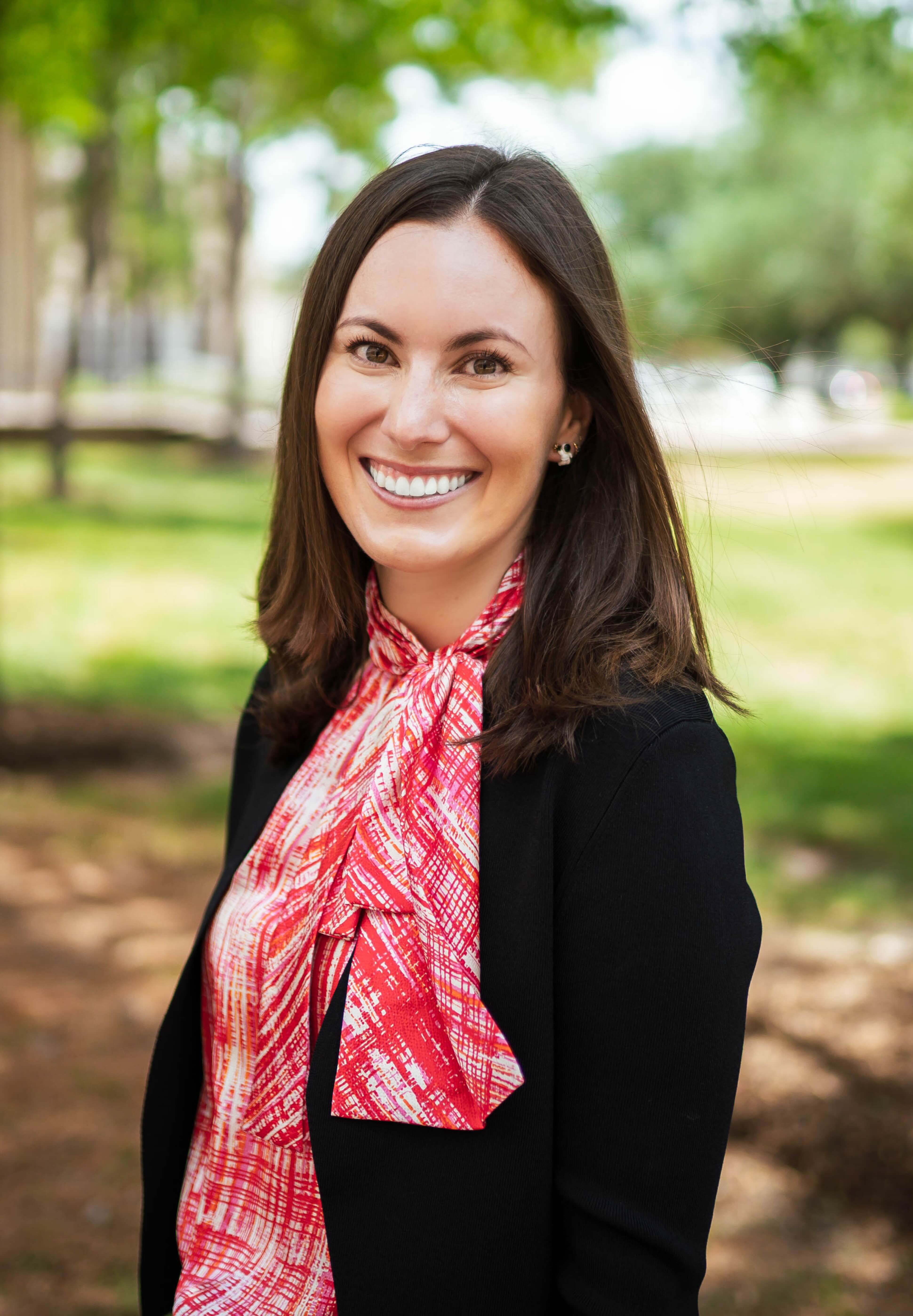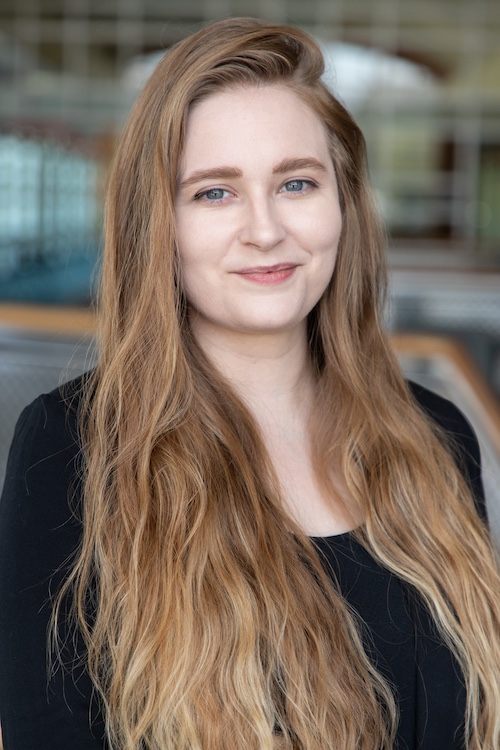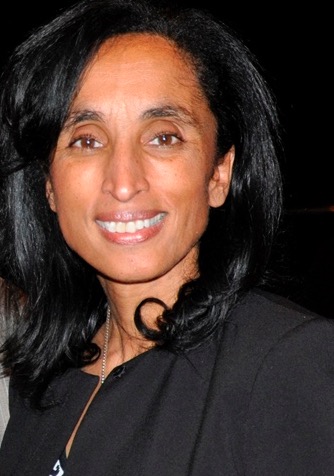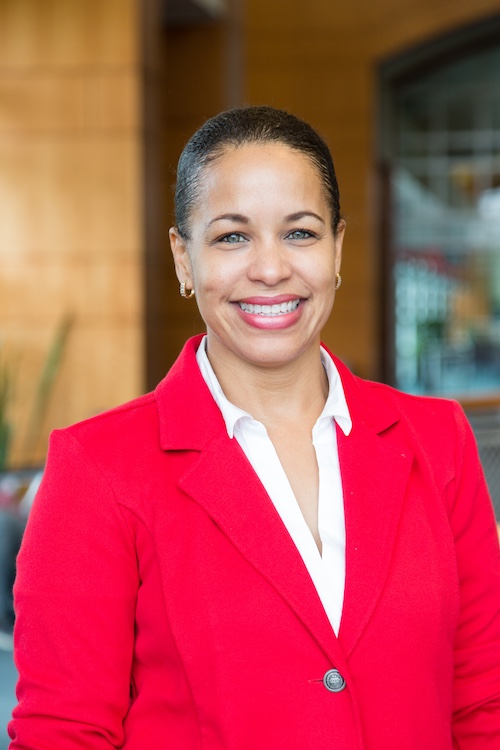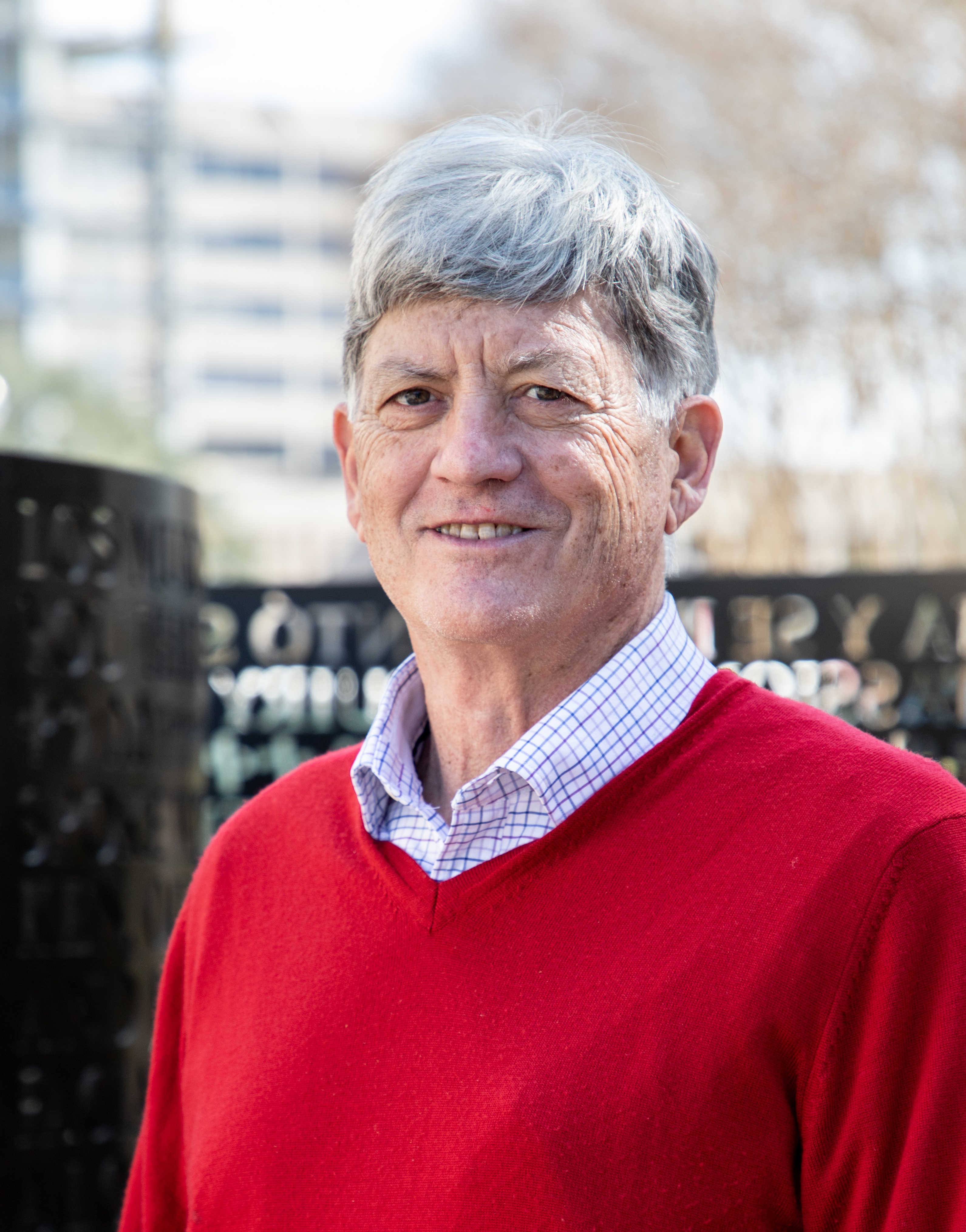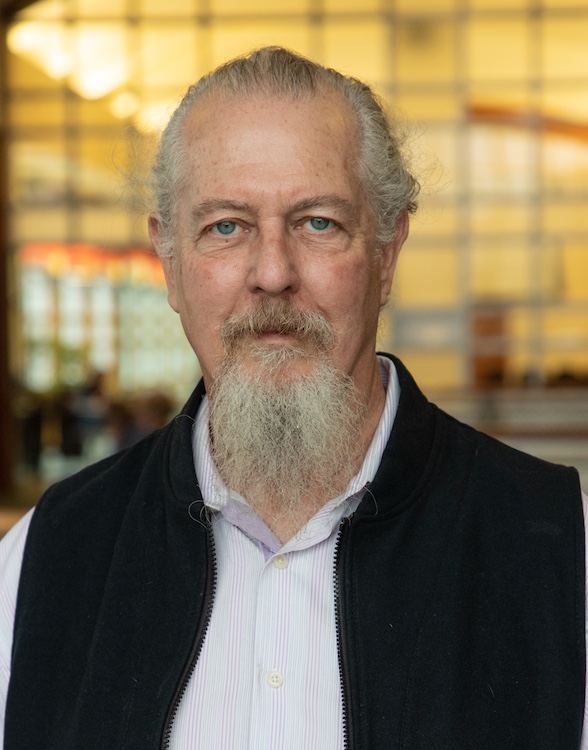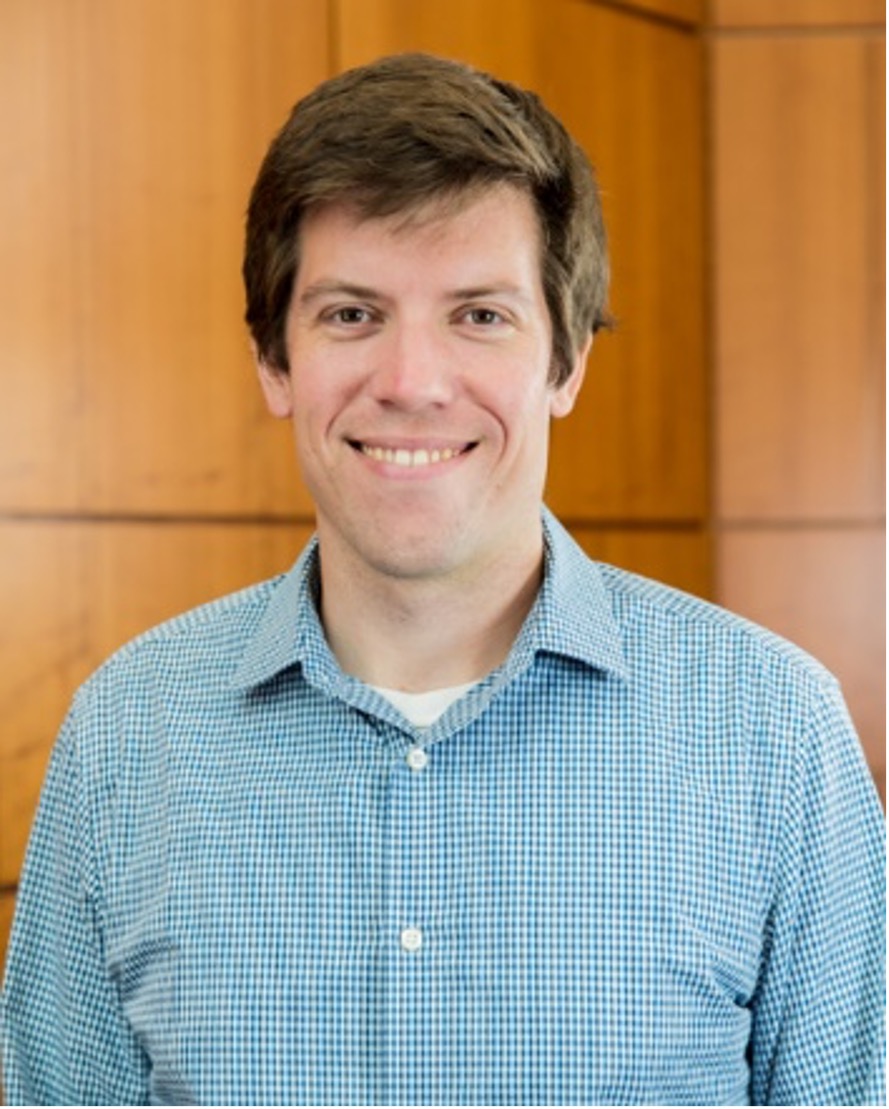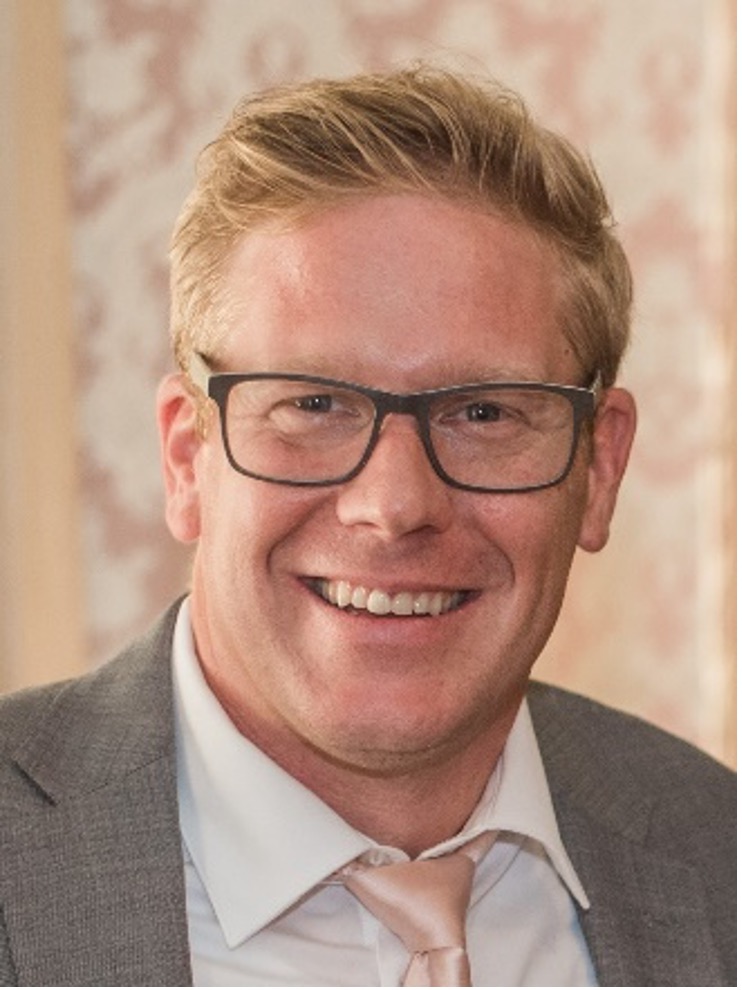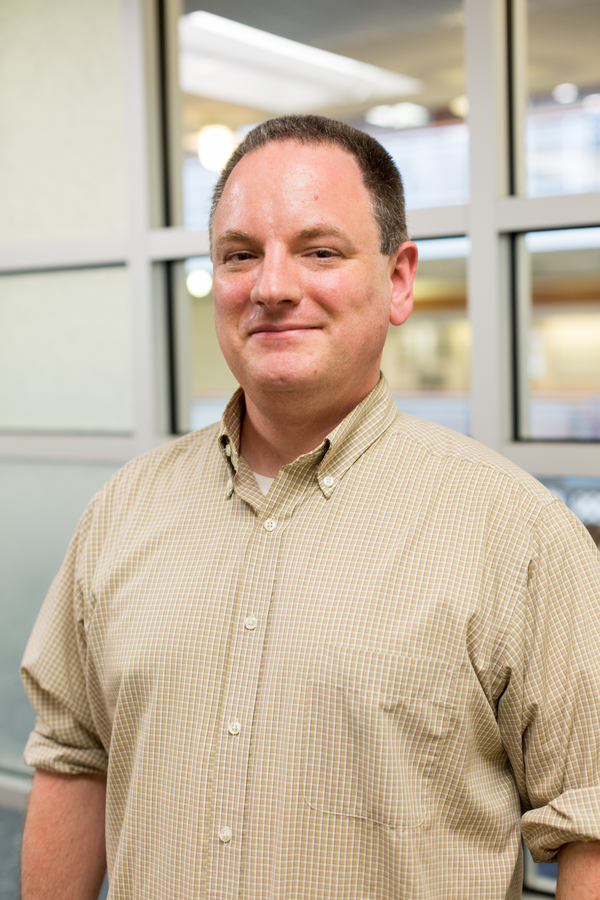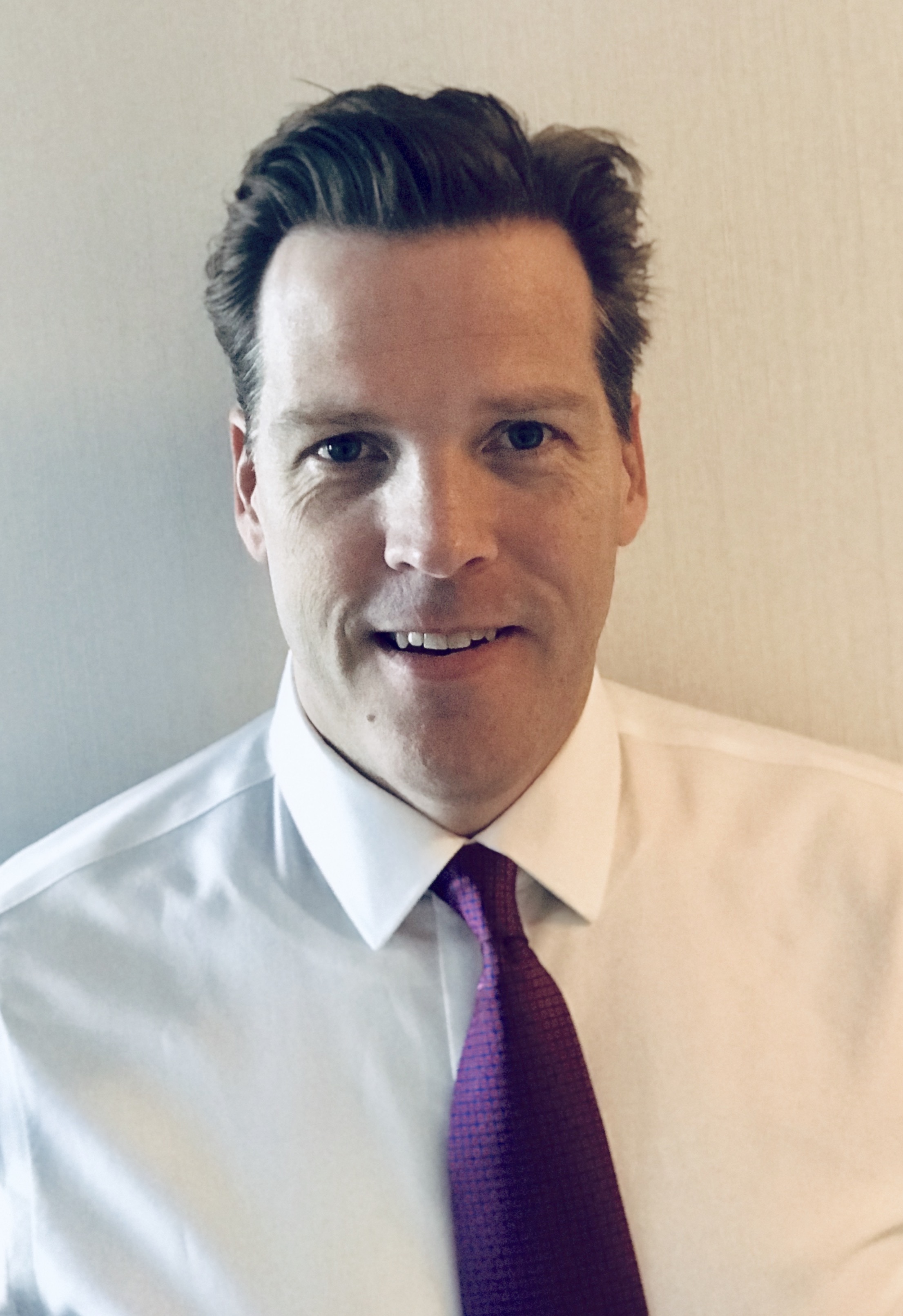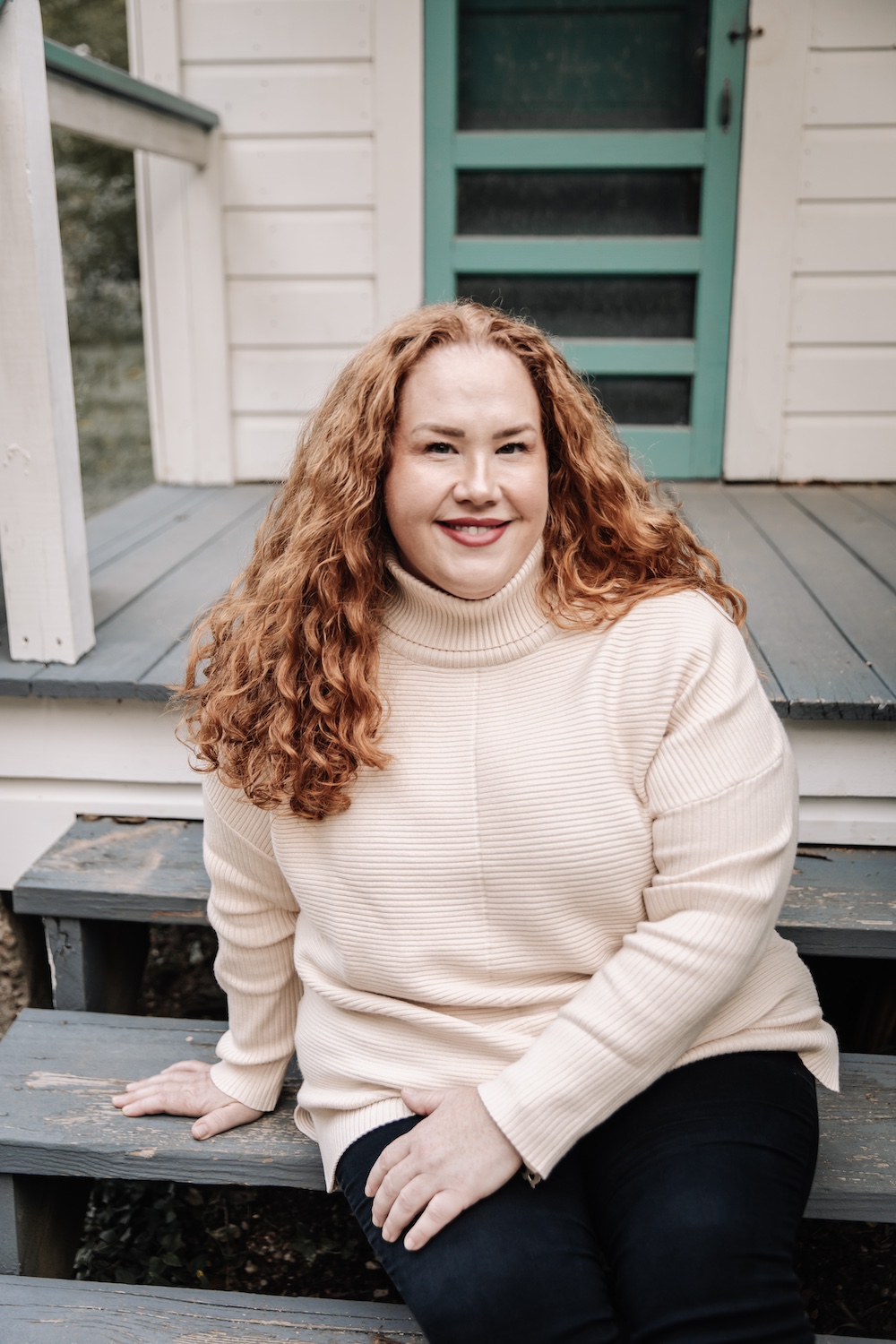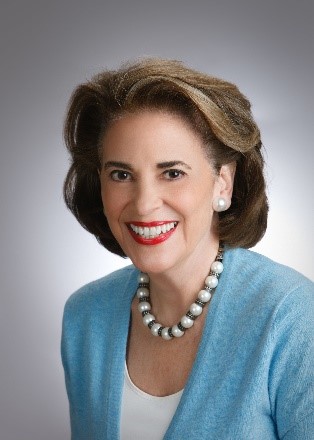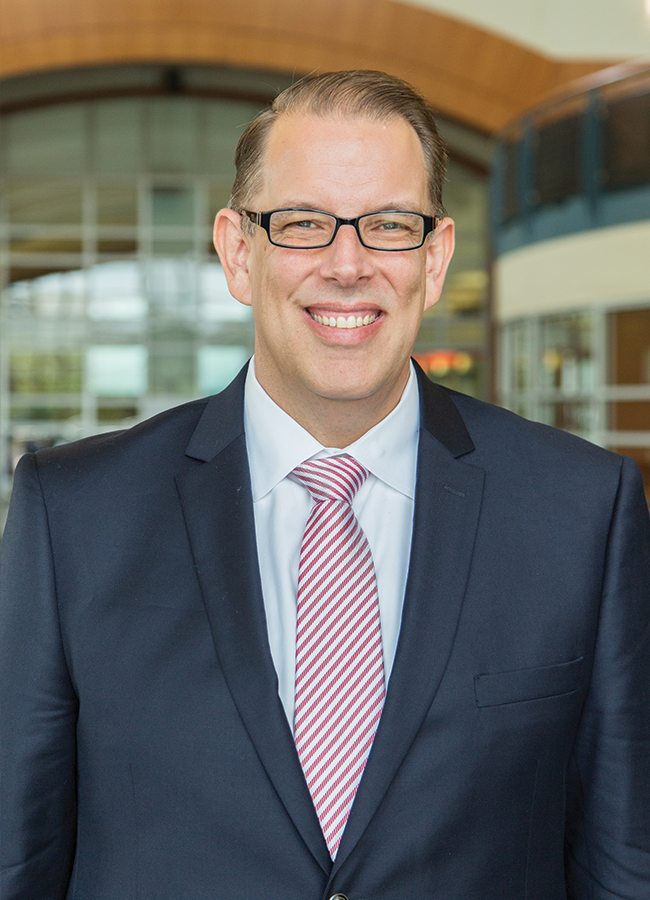
Great Conversation Table Topics
Choose Your Sponsorship Level2026 Table Topics
Green Matter: The Thinking Plant
You no doubt think about the plants you have in your home and garden. But do your
plants think about YOU? Plants can taste, smell, hear, respond to touch, and even
change their environment. Does that make them smart? Our behavior depends on our brain
and central nervous system, which plants seem to lack. So how do they manage their
behavior? Do plants have a different kind of brain? Can we say they are intelligent?
Help us try to settle this issue with a lively back-and-forth about intelligence,
and who (or what) has it.
|
|
|
Heidi Appel, Ph.D.
|
|
Heidi Appel is Dean of the Honors College and Professor of Biology at UH. Heidi Appel and Jack Schultz have spent their careers talking with plants and the public. |
||
|
|
|
|
|
|
|
Jack Schultz, Ph.D.
|
|
Jack Schultz is Distinguished Professor Emeritus at Penn State University and Research Professor at UH. Heidi Appel and Jack Schultz have spent their careers talking with plants and the public. |
||
When Weather Meets Whiskey: How Climate Shapes the Spirit
From the scorching summers of Texas Hill Country to the mild, humid seasons of Kentucky,
climate leaves its fingerprint on every drop of whiskey. Temperature swings, humidity
levels, and air quality all influence how spirit and oak interact — pulling out different
flavors, aromas, and textures. In this conversation, we’ll explore the science behind
climate aging, how Milam & Greene’s award-winning barrels mature across multiple states,
and why “terroir” isn’t just for wine. Together, we’ll taste and compare whiskeys
aged in different climates to see — and sip — the difference for ourselves.
|
|
Blair Ault, M.L.S.
|
Blair Ault is the National Brand Ambassador for Milam & Greene Whiskey, a native Houstonian with a Masters in Library and Information Science from the University of Washington who sits on the advisory board for the University of Houston Honors College and the United States Bartenders Guild Houston Chapter. She is a former high school teacher who combined her love of bartending and education to produce the Whiskey Women Podcast which has four seasons of episodes full of interviews with distillers from all over the country. When she is not traveling and educating about spirits, she hosts trivia games and produces the local storytelling show Grown-Up Story Time at the Continental Club.
Does Gender Matter in Art?
Do you think you see art differently because of your gender? Do you perceive art differently
depending on the gender of the artist? To what degree does the representation of
gender amongst artists, art appreciators, and art curators matter? Share your opinions
on these questions that have been much discussed and debated in the museum world in
recent years.
|
Helga Aurisch |
Liquid Gold: Water in a Thirsty World
Water, a seemingly endless resource that we take for granted, is becoming increasingly
precious. The key driver for water’s rising value today is demand. Surging population
needs are outstripping existing water supplies for farming, ranching, manufacturing,
and energy. It’s an exciting and challenging time for water investing and innovation.
|
|
Michelle Belco, Ph.D.
|
Michelle Belco is an attorney, political scientist, and published author who teaches a wide array of courses on American government and public policy in the Honors College. She enjoys engaging her students and audience by invoking humor and using games in her presentations.
From Vine to Glass: Exploring Quality and Business Dynamics with Jackson Family Wines
What does quality mean and why does it matter? We will explore and taste through an
industry leader’s wines and discuss the different functions of the beverage business.
|
|
Tyler Calvin
|
|
|
|
Jay Dillard
|
|
About Jackson Family Wines:
Jackson Family Wines is a family-owned, vineyard-based company with a penchant for
exploration. Founder Jess Jackson placed his faith in farming and a meticulous expression
of wine with his first landscape-changing vintage in 1982, an ethos that chairman
Barbara Banke, the Jackson family, and our employees continue to uphold to this day.
The Jackson family’s collection of 40 wineries spans significant winegrowing regions,
from California, Oregon, France, and Italy in the northern hemisphere, to Australia,
Chile and South Africa in the southern half of the globe. Vineyard ownership and sustainable
practices remain key to consistent quality and artisan winemaking underscores a steadfast
commitment to making wines of character and integrity
H-Town History: An Idiosyncratic Tour of an Idiosyncratic Town
Houston always been an entrepreneurial city with a history populated by interesting
characters, dramatic events, and unique places (some now gone or forgotten). Join
us as we talk about some of them, starting with the Allen Brothers who, after founding
the city, circulated ads to entice settlers with drawings depicting the new city looking
“more like idyllic hilly European hamlet than a bayou village swarming with mosquitoes
and people living in tents” in the words of the Houston Chronicle. We expect all
those sitting around the table will share their stories and memories of the interesting
characters behind the origins of the University of Houston, Rice University, the Texas
Medical Center, NASA’s Manned Spacecraft Center (now Johnson Space Center), the Astrodome,
among others, and of the major business, political, and cultural events (high and
low) that shaping city’s history. There will be photos (and we hope participants
will share some of theirs) and there will be some readings taken from newspapers,
histories, and memoirs.
|
Jeff Dodd |
|
Frank Goldberg |
Rock Brands: What the Beatles, Rolling Stones and Others Can Teach Us About Personal
Branding
Developing a personal brand isn’t just for professional athletes, politicians, reality
show personalities and celebrities. Students and professionals benefit from cultivating
a brand that is communicative, consistent and adaptable. Some of the perfect branding
role models are the rock stars of yesterday (and today as well). From Elvis to the
Beatles to Zeppelin and beyond, popular musicians have shaped their lasting image
and legacy through effective branding. Their tactics and strategies aren’t limited
to the stage or recording studio. Instead, the brand qualities that transformed these
artists into cultural icons can be applied to the office, classroom, careers and more.
|
Mike Emery |
Tech Sprints, People Stroll: Catching up with AI
How can we enhance human work & life in the age of AI? How do we embrace the benefits
of AI to support human flourishing? How do we minimize its downsides?
|
|
Hanneke Faber
|
Hanneke was recognized by Fortune magazine as one of the most influential international women in business, as #23 in the latest ranking issued in 2021. Hanneke Faber is an alumna of the Honors College and became the CEO of Logitech in 2023.
Hanneke joined Logitech from Unilever where she led their $14 billion Nutrition business as group president. Her responsibility spanned more than 150 countries, and included global brands like Knorr and Hellmann’s, research & development, the B2B Unilever Food Solutions business and a supply chain of about 60 factories and contract manufacturers around the world. Hanneke joined Unilever in January 2018 as President Unilever Europe.
Prior to joining Unilever, Hanneke was the chief commercial officer of global retailer Ahold Delhaize, where she drove omnichannel retail operations and built the company’s e-commerce business into a global top 50 e-commerce player. Prior to Ahold Delhaize, she held various international leadership roles at Procter & Gamble, including vice president and general manager of global Pantene, Head & Shoulders and Herbal Essences; and vice president and general manager of Beauty Care, where she launched the Max Factor brand in China.
Hanneke is a member of the board of directors and audit committee of Tapestry Inc, the parent company of luxury brands Coach, Kate Spade New York, and Stuart Weitzman. Prior to joining Tapestry in 2021, Hanneke served a five-year term on the supervisory board of Bayer AG, the life sciences company.
Hanneke holds a Master’s degree in Business Administration and a Bachelor’s degree in Journalism from the University of Houston, which she attended on a full athletic scholarship in diving. She was a seven-time Dutch National Champion and an Honorable Mention All-American.
We Hold These Truths: The Declaration at 250!
This year is the 250th Anniversary of the birth of the Free and Independent States
of north America! Join us as we celebrate, and discuss, our nation's founding document
-- a timely and timeless statement of principles, declaring to the world those causes
for a new and revolutionary moment in human history!
|
|
Dustin Gish |
Dr. Dustin Gish holds the rank of full professor (Instructional) in The Honors College at the University of Houston, where he teaches the college's signature Great Books course, "The Human Situation: Antiquity and Modernity," as well as courses in the history of political philosophy and American political thought.
Dr. Gish's major publications range from classical political philosophy to the political thought in the plays of William Shakespeare and early American political thought. He is the author of Xenophon's Socratic Rhetoric: Philosophy, Erōs, and Virtue in the Symposium (Bloomsbury 2022) -- the only monograph-length commentary on this charming dialogue. He is also the Senior Editor of Brill's Companion to the Reception of Xenophon, which will be published in 2026 as one of the forthcoming Volumes in Brill's Companions to Classical Reception Series. In his early American scholarship, he is the co-author of Thomas Jefferson and the Science of Republican Government (Cambridge University Press, 2017) -- a monograph-length study of the political thought in Jefferson’s only published book, "Notes on the State of Virginia." He is also the contributing co-editor of the edited volume, Rival Visions: How Jefferson and His Contemporaries Defined the Early American Republic published in The Jeffersonian America Series, University of Virginia Press, 2021). He is currently at work on two books projects: one, an account of Thomas Jefferson's diplomatic career in France; and the other, an in-depth political study of Machiavelli's princes.
Dr. Gish received his interdisciplinary doctorate from the Institute of Philosophic Studies at the University of Dallas (2004), with a concentration in politics. He earned a master's in politics at the University of Dallas (1995), and a master's in Liberal Education at St. John's College in Santa Fe (1992). His undergraduate degrees are in political science, philosophy, and history from the University of Oklahoma (1991). Prior to his arrival at the Honors College, he taught political theory and american government courses as visiting assistant professor of political science at the College of the Holy Cross (2007-2012) and held visiting appointments in the Institute for the American Constitutional Heritage at the University of Oklahoma (2012-2013), and the Center for American Studies at Christopher Newport University in Virginia (2013-2014). In 2013, he received a residential fellowship for research at the International Center for Jefferson Studies and the Jefferson Foundation Library at Monticello. From 1999 until 2006, Dr. Gish also lived in Italy, teaching a wide variety of courses in classical rhetoric and political philosophy at the University of Dallas Rome Campus, John Cabot University, and the American University of Rome.
Not Just Any Old Port in a Storm
Since the 17th Century Portugal has been known for its delicious, and potent, fortified
wine. This table will be an exploration of the role of Port in history, economics,
literature, and the culinary arts. It will include all kinds of Port ranging from
the traditional Ruby, to the new Rose ports, and some detours to the Americas to see
its attempt to best the Europeans in the art of fortified wine.
|
|
Rob Glass
|
Rob Glass is the director of debate in the Honors College. Before coming to the University of Houston, he worked with a number of high schools and colleges on the East Coast, including Stuyvesant High School, Binghamton University, Mamaroneck High School, and the University of Rochester. He is also a leading contributor to the field of data analysis and debate, including the first rigorous study of large-scale judge behaviour in debate.
What’s Your Playlist? A Soundtrack for the 21st Century
All of us have songs that we closely associate with memorable events in our lives.
Those soundtracks are often linked to the first kiss, the senior prom, driving the
car for the first time without a parent, summer fun at the beach… the list is long.
Although the 21st century is just at its quarter mark, numerous life-changing events
have occurred in that short time period, the consequences of which we continue to
experience and try to make sense of. Our table conversation will be comprised of
both enthusiastic discussion and group endeavor: to create a soundtrack of songs
that we feel best reflects the most notable events of the past 25 years. Although
singing on pitch will not be a requirement, “Name that Tune” just might pop up!
|
|
Irene Guenther |
Irene Guenther has a Ph.D. in 20th-century European and American history. She has published on the German-Jewish fashion industry in Nazi Germany, soldiers’ art of the First World War, genocide and human rights, fascism, and the Great Migration. As a kid who detested her history classes, she is still incredulous that, after “taking many roads,” she found her life’s calling in the classroom and in the historical profession.
Let's GalápaGO! Our Fascination with the Uniqueness of the Galápagos Islands*
At least since Charles Darwin visited these Ecuadoran islands in 1835, we’ve been
fascinated by their unique ecosystems and rich biodiversity. Our conversation will
explore why the Galápagos attract us and how our tourism is influencing this unique
archipelago. Bring your questions about the history, local culture, and biology of
one of the most famous habitats on the planet, including what UH students have been
learning there from research on sea turtles and marine iguanas to petrels and sea
lions, and even microplastics.
* Proceeds support the students on this learning abroad trip
|
|
Marc Hanke |
Dr. Marc Hanke's research is broadly focused within how the spatial context of various marine habitats can influence the abundance, distribution and interactions for the organisms found in these systems. One major facet of his work has focused on the eastern oyster (Crassostrea virginica) and how the size, shape and arrangement of natural and restored reefs can influence populations of oysters and other reef associated fauna. He also has a strong interest in restoring oyster reefs, and has worked on restoration projects in North Carolina, New York and Texas. These varied projects have focused on how differing reef designs and placement can facilitate colonization and long-term success of the restoration effort.
Since coming to UH, Hanke has been studying how habitat and community structure can allow for resource partitioning between two damselfish species in the Galápagos Islands, Ecuador. This research is conducted along with the GalapaGO! Research-Based Learning Abroad program. Students participate in this research through the learning abroad program.
Houston Hassles: I Love this City, But…
Houston is a great place to live! But for the last 44 years, the Kinder Institute
for Urban Research has started its Houston Area Survey with the same question -- what
is the biggest problem facing Houston? Is it traffic, crime, or the economy? Maybe
immigration, public health, or flooding? Their answers might surprise you. But most
importantly, we want to know what YOU think! Here's your chance to make your voice
heard.
|
|
Debbie Harwell
|
Debbie Harwell is a native Houstonian, who teaches courses in US and Houston History. After Harvey, she taught a course called Voices from the Storm, looking at Houston through the lens of storms, which involved students interviewing community members about their experiences. She is the editor of Houston History magazine, published by the UH Center for Public History, which has published over 130 student articles since 2013.
Entrepreneurship as Encore: Starting a Business Mid to Late Career
Your career was just the warm-up, and you are now seasoned, savvy and start-up ready.
We’ll talk about the opportunities and the challenges of starting a business as a
seasoned professional. Join a discussion between those who have done it and those
who are thinking that they might want to. Reinvention is the new retirement!
|
Jarvis Hollingsworth |
The Power of Conversation: Learning to Disagree
Differences of opinion are everywhere, from Ken Burn’s most recent documentary – who
gets to tell our origin story – to Scottie Schleffler’s comments on family. How do
we disagree in ways that maintain civility and respect and provide space for dynamic
growth and understanding? Bring your own examples for a lively discussion of meeting
folks in the middle long enough to hear and understand their points of view.
|
Anu Lal |
|
Shirish Lal |
Stress Tests: Engineering for Resilience in H-Town*
Houston faces an alphabet soup of resilience challenges: aging infrastructure, blackouts,
chemical accidents, derechos, extreme heat, flash flooding, growth, and hurricanes.
This convergence of pressures makes our city a living laboratory for resilience. But
what does resilience really mean; and who decides how much and where we invest in
preparedness versus repair?
This table’s conversationalist leads an annual Learning Abroad course in The Netherlands, a global leader in engineering for resilience. In our conversation, we will hear your personal stories of confronting Houston’s challenges, build a shared definition of resilience, explore lessons from other geographies, and envision a future-ready Houston.
* Proceeds support the students on this learning abroad trip
|
|
Alex Landon
|
Alex Landon is a professor of practice at the University of Houston’s Cullen College of Engineering. She leads the Cullen Honors Program and the NAE Grand Challenges Scholars Program. Alex is passionate about innovation and entrepreneurship and serves on the UH Innovation Council. Alex teaches first-year honors engineering courses where students tackle problems that matter to Houston and beyond. Every May, she leads a study abroad program to The Netherlands, where students explore coastal resilience and infrastructure innovations. Prior to joining UH, Alex was a senior leader at an education technology startup in Boston. She began her career in the energy industry and also has experience in management consulting, investing, and K-12 public education.
Alex holds a bachelor’s degree in mechanical engineering from Princeton University and an master's from Harvard Business School, where she was a Baker Scholar.
I Could Have Done That: What Makes Art Good or Good Art?
A conversation about how we encounter art – what is it? Why is some art in museums
and some art on overpasses and garbage cans? What makes art contemporary or classical?
Impressionist or surreal? How is our determination of good art both subjective and
objective, and how do aesthetics fundamentally transform us? We encounter aesthetic
transfiguration every day, in language, fashion, film, and literature, from Boccacio
to Beauty and the Beast. In what ways does beauty, like horror, startle and upset
us, inspire and transform us?
|
|
Janet Lawler |
Janet Lawler is an Instructional Assistant Professor in the Honors College, where she teaches a variety of courses for the College’s interdisciplinary minors. She writes on ethical and normative questions at the intersection of digitality and democratic political theory, and frequently contributes to the scholarship on teaching and learning. She earned her PhD in political science from the University of Virginia and conducted postdoctoral research at Carnegie Mellon University before joining the University of Houston in Fall 2023.
Lone Star Travel Treasures
Coastal beaches, music in Austin, the Hill Country, West Texas state parks, perhaps
a special ranch or farm, the art scene in Ft. Worth. What are your favorite Texas
travel destinations? Share yours and discover new ones.
|
|
Alison Leland |
Alison Leland is a law and politics professor in the Honors College, who works closely with pre-law students.
What's Your Story? Celebrating the Art of Oral History
Each person would be asked to come with a story about their life or their family that
they would like to see passed down, or has been passed down through generations.
|
|
Christine LeVeaux-Haley |
Christine LeVeaux-Haley is a political science professor in the Honors College. Professor LeVeaux received her bachelor's degree from Spelman College in Atlanta and her doctorate from Louisiana State University in Baton Rouge, Louisiana. Her teaching and research interests include legislative politics, Black politics, and political behavior. LeVeaux has fused these research areas together, focusing much of her attention on minority representation in congress and Black electoral politics. She is also a political commentator for local and national news outlets, including CNN. Her work appears in the Legislative Studies Quarterly, Political Research Quarterly, and an edited volume titled, Eye of the Storm: The South in an Era of Change.
From “Wolf” to “Woof”: The Origin of Dogs
According to a long-standing myth, dogs came into existence when humans adopted wolf
pups and raised them in captivity, and over many years these animals were gradually
converted into dogs as we know them today. In reality, this is extremely unlikely.
Clues to a more likely scenario come from a 1950s Soviet project in Siberia where
Dmitri K. Belyaev, a Russian scientist, was given the task by the state to improve
the efficiency of Soviet fox farms in producing pelts for fur clothing. Armed with
Balyaev’s results, today’s scientists believe that dogs came into being about 14,000
years ago, but opposed to typical evolution, these changes occurred over a very short
period of time.
Over the last 150 years man has intervened in dog breeding much more directly. There
are now over 400 recognized breeds with more variation in size, color, structure,
and shape than any other mammal in the world, but all come from the same source 14,000
years ago, grey wolves that ventured close enough to sample the garbage of humans.
|
|
Stuart Long |
Stuart Long is presently Associate Dean of Undergraduate Research and the Honors College and was previously Interim Dean of the Honors College. Additionally, Dr. Long regularly teaches the Honors section of the undergraduate introductory course in applied electromagnetic waves. He has been a research mentor to over 90 undergraduate students during his 50 year career at the University of Houston. He holds a Ph.D. in applied physics from Harvard University, and his research involves antenna design, wireless communications, and applied electromagnetics.
First Sips: A Toast to the Moments When We Became a Lover of Wine
Wine is more than a beverage; it's a story. Table guests will be invited to share
the personal journeys that led them to appreciate wine. We will explore the pivotal
moments—be it a family tradition, a memorable trip, or a curious first taste—that
shaped our palates and preferences. We'll uncork the memories behind our favorite
vintages, varietals, and regions, celebrating the unique paths to become a wine enthusiast.
|
Wayne Luckett
|
The Edge of Bioethics—The Meaning of Life
Do scientists, doctors, lawyers, judges, philosophers, theologians, politicians, individuals,
or families get to define the meaning of life, or is it the domain of institutional
religions and traditions? In hospitals conflicts between religion and science are
routinely resolved as families and doctors consider individual patients. But at the
global level science and the religions vie with political power for the right to define
life for everyone through the means of policies, laws and funding. Is there a principle
or class of values we can identify that might lead to better resolution of disagreements
about those means? Since we all use visions or understandings of life in our day-to-day
existence, we will treat ourselves as a microcosm of the global macrocosm to explore
how such disagreements might get resolved. These questions and methods were the subject
of the Honors College’s study abroad program in Rome, and our conversation will give
you a taste of what our students grapple with.
|
|
John Lunstroth |
John Lunstroth is an interdisciplinary legal scholar focusing on the history of the western tradition esp. law, political theory, religion, colonialism and science. He has been working in comparative religion for the last twelve years. He is interested in what it means to be alive.
|
|
Ben Rayder |
Ben Rayder is an instructional assistant professor in the Honors College and the executive director of the Office of Undergraduate Research and Major Awards. Prior to joining the Office of Undergraduate Research and Major Awards in 2017, he worked as the assistant director in the fellowships office at Drexel University in Philadelphia. Rayder holds a doctorate in comparative politics from the University of Bamberg and a master’s in modern European studies from the University College London. He earned a bachelor’s in political science and German from the College of the Holy Cross.
No Longer Three Yards and A Cloud of Dust: The Changing Landscape of College Athletics
College athletics is undergoing a period of transformational change. Conference realignment,
NIL, the transfer portal, revenue sharing, and many less obvious shifts affect how
student-athletes, coaches, fans, and university administrators experience modern collegiate
sports. Explore these changes with the leader charged with navigating UH through this
evolving landscape.
|
Eddie Nuñez
|
Play On: Shakespeare from Page to Stage
Join us for a lively discussion of how the bard’s words come alive for an audience.
Which plays? Who acts? How to project the eloquence and humor of the words?
|
Sharon Ott
|
|
Jack Young |
No License Required: The Ambiguities of Parenthood
It is often said parenting is “the most difficult and important job in the world.”
At our table, we dig beneath the surface of the cliché to grapple with a question
all parents, in various ways and often daily, ask themselves: “Am I doing this right?”
This conundrum lies at the heart of parenthood. There are simply too many variables
– the individual agency of children and chief among them – for parents to know they’re
doing it right yet do it they must. Parenthood promises frustration, confusion, and
fear. but also snuggles, happiness, and heart-brimming reward. This table is not about
parenting advice - not directly, anyway. Rather, we will share anecdotes (fond memories
as children, challenges overcome as parents, etc.) to see what general principles
of savvy parenting are to be found within. A table for parents of children and children
of parents – biological or otherwise, from all cultural and familial arrangements
– alike.
|
|
Max Rayneard |
Max Rayneard is an Instructional Assistant Professor in the Honors College and teaches in the Human Situation course and the Creative Work minor. He serves as the Associate Director of the Creative Work minor and is the founding director of The FrameWorks Program.
Max Rayneard completed his bachelor’s degree in English and philosophy and his master’s degree in English literature at Rhodes University in South Africa. He lectured at Nelson Mandela Metropolitan University before earning a doctorate degree in comparative literature at the University of Oregon. While at the University of Oregon, he co-created the process and aesthetic for what would become The Telling Project, a national performing arts non-profit that staged stories told by military veterans, refugees, and war-adjacent populations. Rayneard has written and/or directed productions across the United States, including such venues as The Library of Congress in Washington DC, The Guthrie Theater in Minneapolis MN, and the Alley Theatre in Houston TX. He is the recipient of a number of awards and grants, including a Fulbright Scholarship (2004-2006), a University of Texas at Austin Humanities Institute Community Sabbatical Grant (2015-2016), and a National Endowment for the Humanities Grant for "Planting the Oar," a literature-based discussion series between military veterans and civilians (2016-2018).
Overtime: Why is Workplace Television So Popular?
You'd think after (another) hard day's work and (another) long commute home, we'd
be eager to leave thoughts of work life behind – yet the continued popularity of workplace-centric
TV shows like The Office, The Bear, Abbott Elementary, Mad Men, and Grey's Anatomy
(to name a few) clearly proves otherwise. At this table, participants will be encouraged
to point to their own favorite shows as we explore how being entertained by – and
obsessing over? -- the trials and tribulations of made-up characters in fictionalized
work environments might in truth be helping us make sense of the ups and downs (and
comedy, and drama) of our own professional lives.
|
|
Aaron Reynolds |
In tandem with his academic advising duties, Aaron Reynolds teaches HON 4330 / Narratives in the Professions -- a course designed to help Honors students more effectively reflect upon, articulate, and showcase their own distinct readiness for the career path(s) they have chosen. Whether it's serving on the Honors Admissions Committee, helping incoming freshmen enroll at summer orientations, meeting for advising appointments with students from all majors, or assisting upper-classmen with application essays for professional or graduate school programs, Dr. Reynolds takes pride in facilitating moments that allow students to recognize key, formative choices and opportunities in their own educational and professional narratives that will serve them (and others) well in the years to come.
|
|
Robert Liddell |
Robert Liddell teaches in the Medicine & Society minor in the Honors College. He holds an MFA in fiction from the University of Houston Creative Writing Program. His short story, “What Ever Happened to Sebastian Grosjean?” appeared in the Gettysburg Review and the anthology, Best New American Voices 2007. He has taught the Human Situation for the Honors College, as well as literature and creative writing at the University of Houston. He has also taught for Inprint, Inc., and the Glasscock School of Continuing Studies at Rice University.
Madness, Mayhem, and Mastermind: The Long Game of Taylor Swift
At this table, we will discuss the multifaceted nature of Taylor Swift's career, her
meticulous planning and strategic decisions, and the emotionally charged experiences
surrounding her work. We will review the marketing, the music, and of course, the
masters. As an artist who orchestrates a carefully constructed narrative, we’ll discuss
how the excitement and sometimes chaotic energy of her fans are a testament to her
long-term vision and influence on popular culture.
|
|
Brenda Rhoden |
Brenda Rhoden is the director of the leadership studies minor and assistant dean for student success in the Honors College. Rhoden oversees the student lifecycle in Honors, from recruitment and admissions to advising and leadership development to graduation. She works closely with a number of student cohorts including Terry Scholars, Houston Premedical Academy, Honors Ambassadors, and HonorsMed (HMed) students. In Rhoden’s time with the Honors College, she has established many initiatives to ensure student success, such as Honors Ambassadors, the Faculty Advising Network, and the Honors Mentorship Program.
The Influence of Shape: Hiding in Plain Sight
Shape itself shapes our thinking. Ever wonder how our city's layout or the shape of
your dining room table shapes our associations and conversations? Even history is
a series of shapes, from fireside circles to linear pyramids to today's networks.
Let's talk about how shapes shape us.
|
|
Lois Farfel Stark |
Lois Farfel Stark was an Emmy awarded documentary producer/writer for NBC News, filming in Africa, the Middle East, Europe and Cuba. She is the author of the prize winning book The Telling Image: Shapes of Changing Times.
Not Our First Rodeo: Texans Face the Future
Discuss the great changes coming to the Texas business world and growth of the economy
and international business outlook for Texas. Look at new changes that are bringing
about an economic revolution in the way Texans can bank, invest, and work. The evolution
of Texas markets and the investments in data, AI and military research. See the changes
that bring medical innovation and research as Texas replaces Chicago and New York
in becoming the world's largest medical complex.
|
Adam Suhr |
Here, There, and Everywhere: Sustainable Development in Houston, the Dominican Republic,
and Beyond*
The table's conversationalist regularly takes honors student on Learning Abroad trips
to the Dominican Republic. Most of table's guests know something about Houston and
have traveled across the nation and world. What lessons can those travels offer us
as we discuss the economic, environmental, social, and cultural dimensions of sustainability.
Bring your stories.
* Proceeds support the students on this learning abroad trip
|
|
Jonathan Williamson |
Jonathan Williamson, Ph.D., is associate dean for academic programs and faculty affairs and the Michael Andrew Little Professor in the Honors College. Williamson graduated from the Honors College magna cum laude ('95), majoring in political science and psychology. He is squarely (all meanings intended) a member of Generation X.
